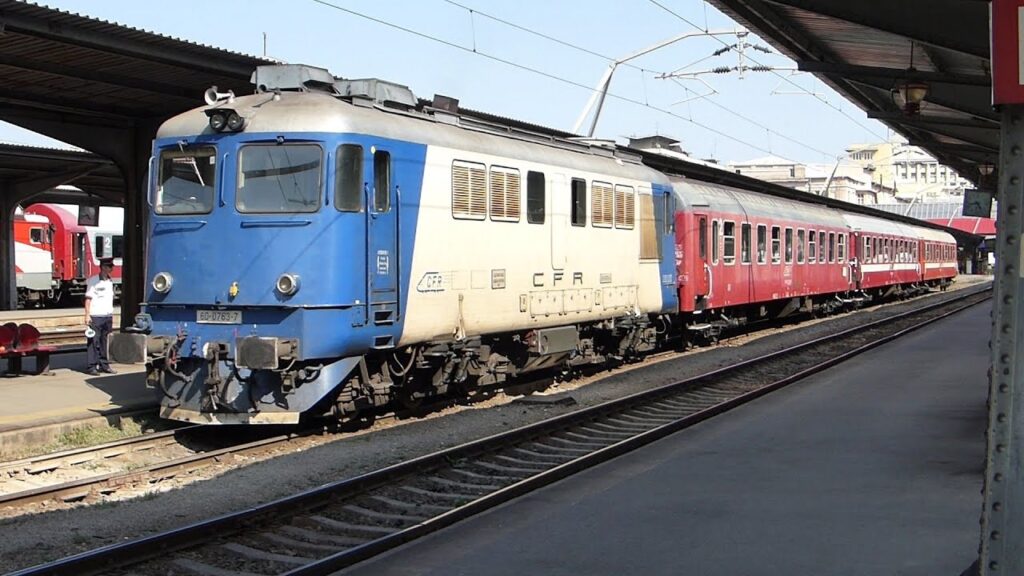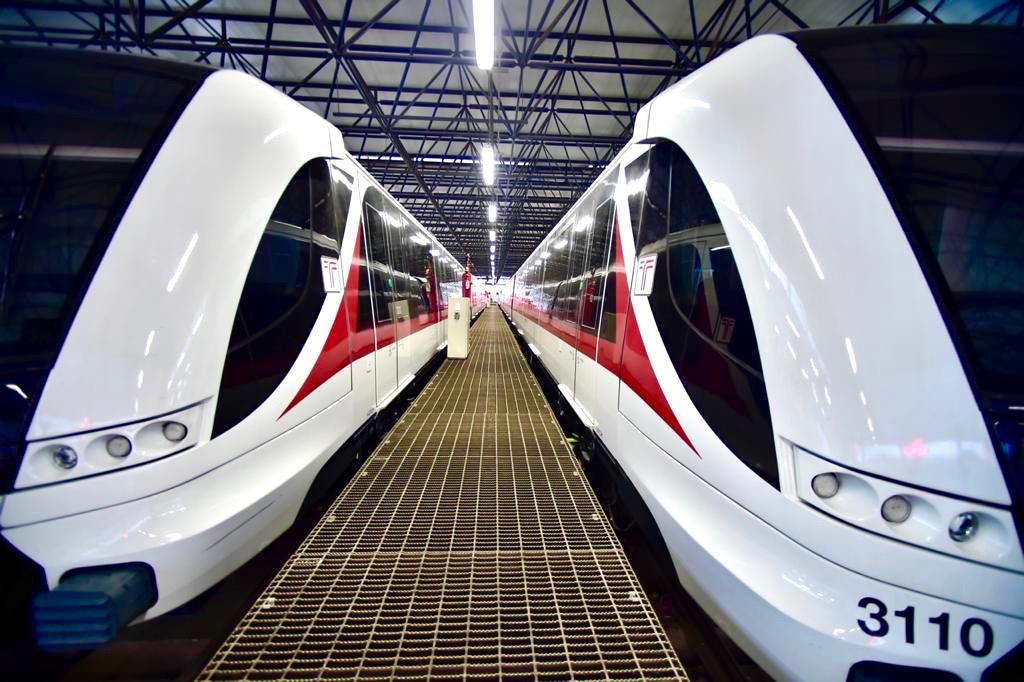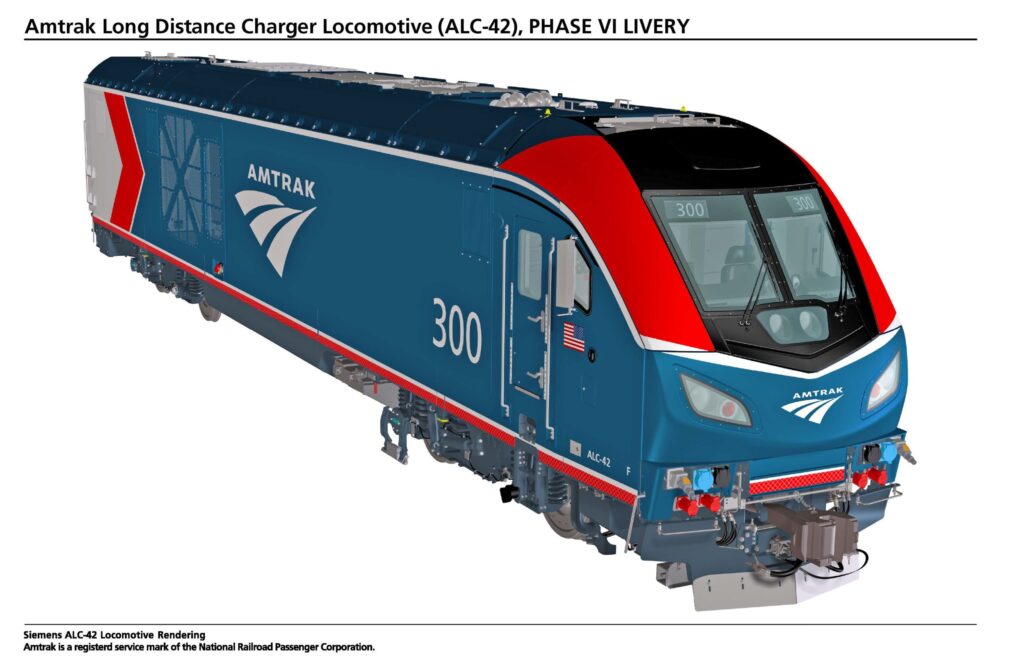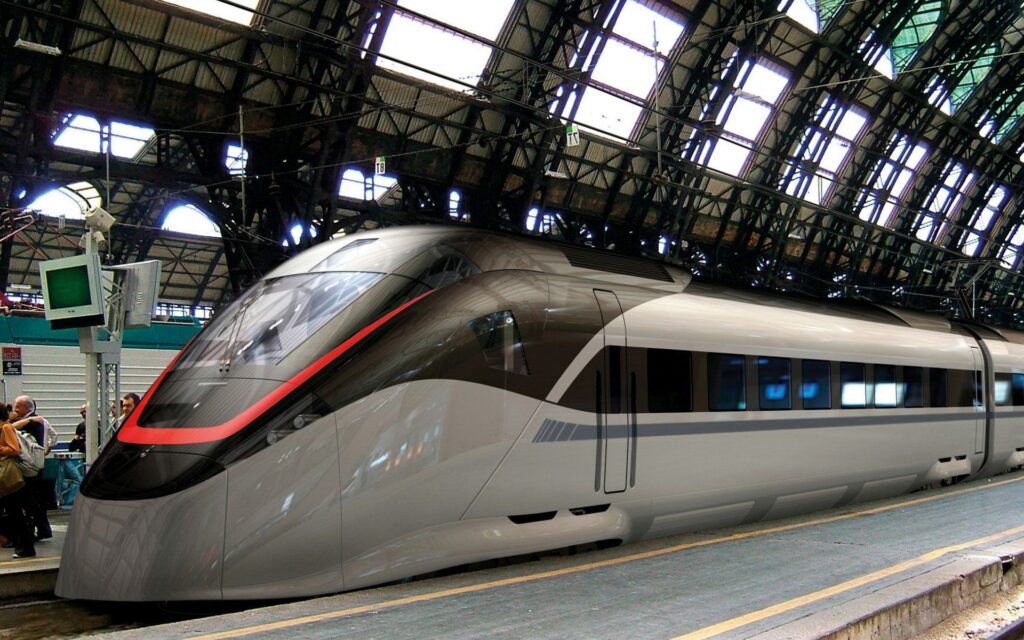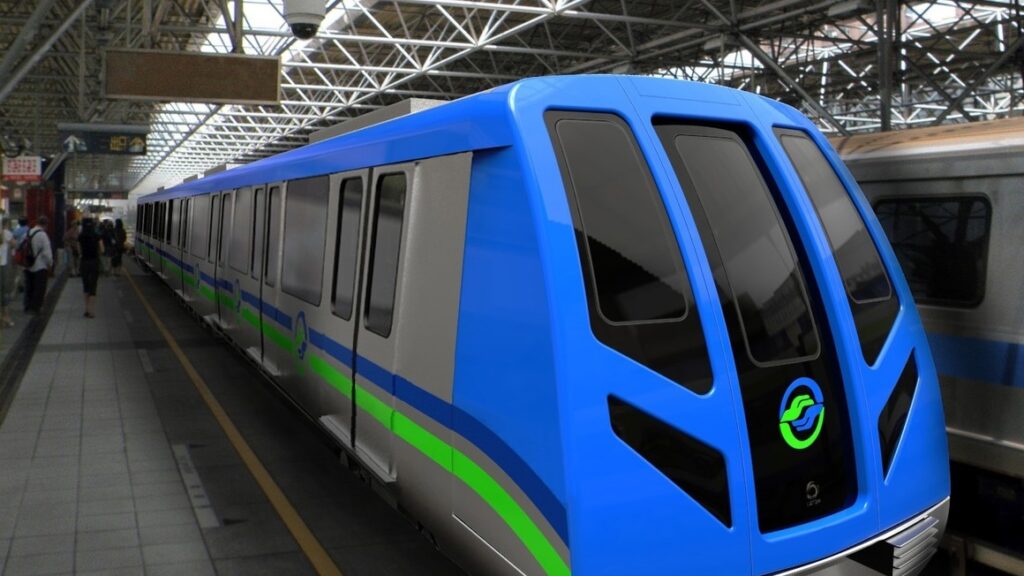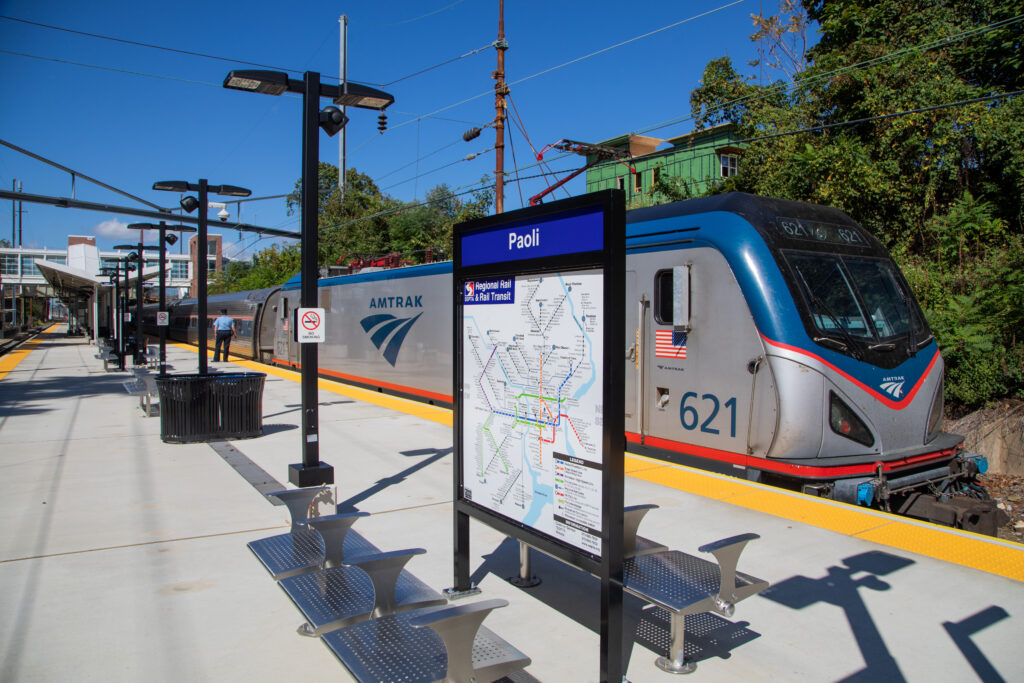Aer Lingus Launches Summer 2021 Schedule with Flexible Options
- You and your family can travel safely and with flexibility with Aer Lingus - Free Unlimited changes on all routes and all fare types - Guaranteed Voucher and Cash Refund option on certain fare…

